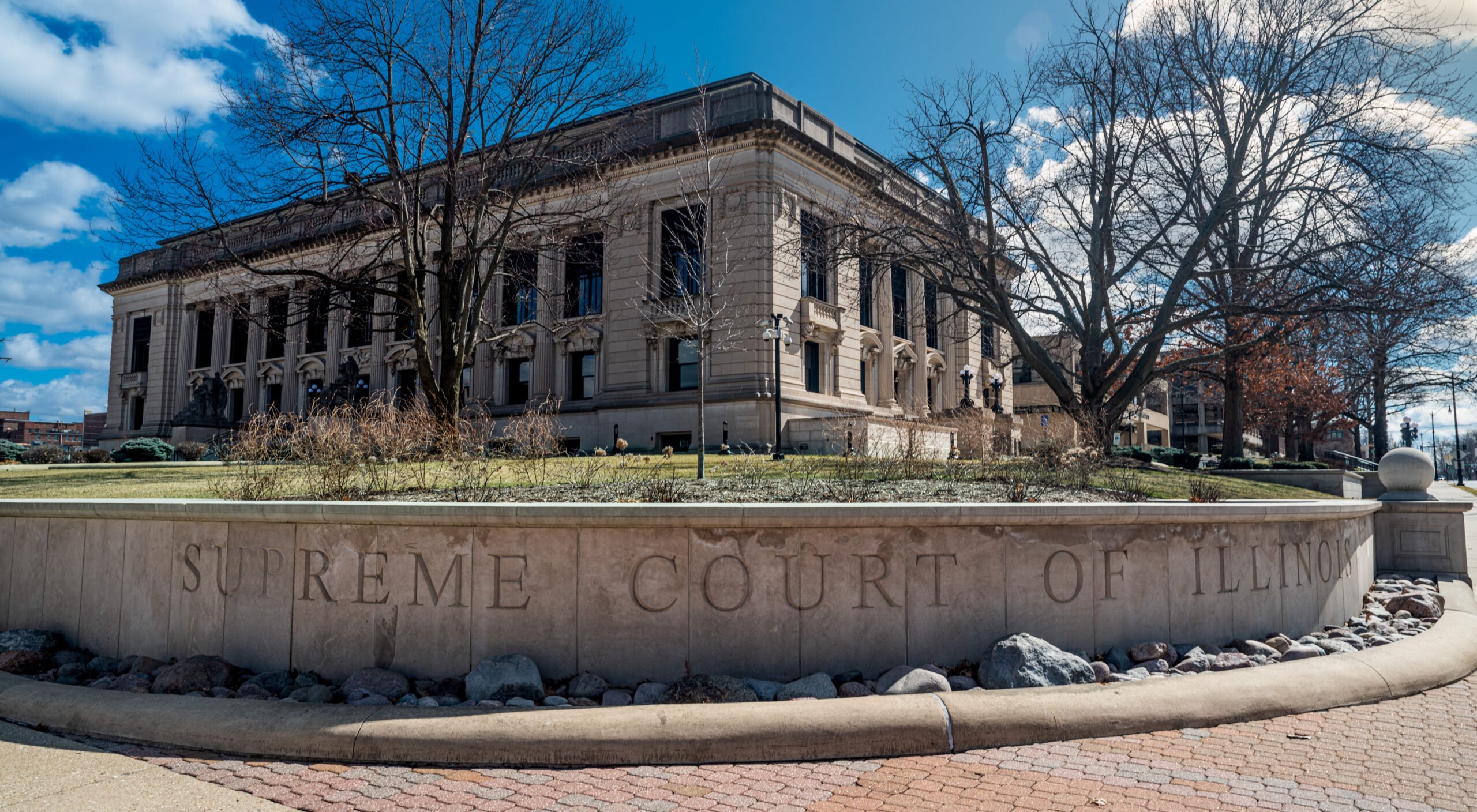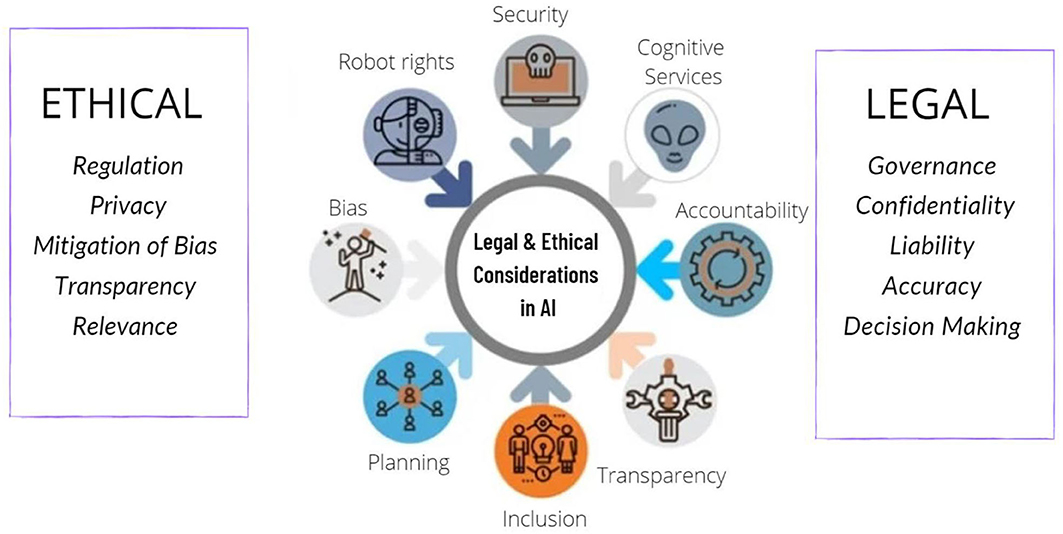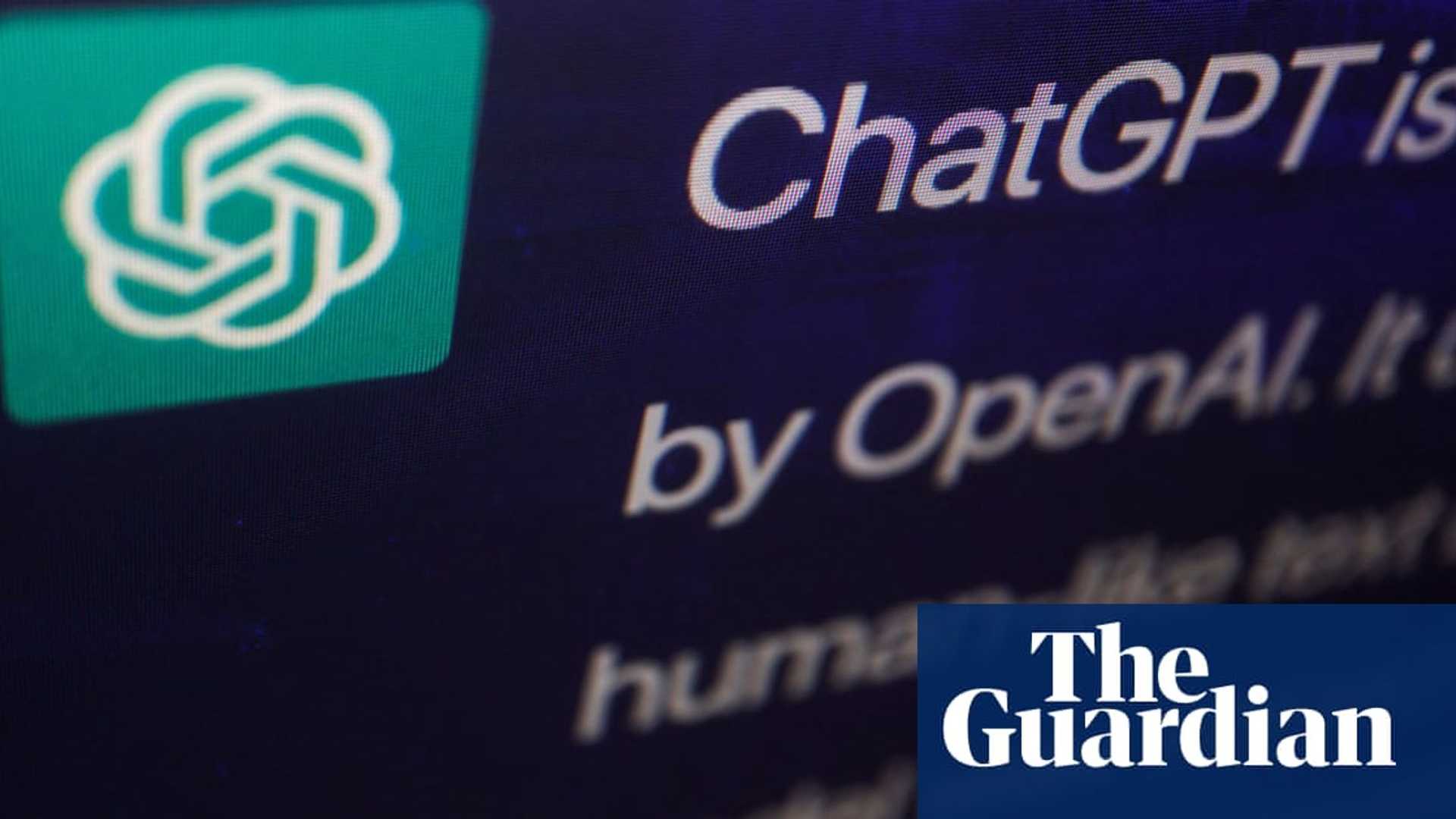Australian lawyer caught using ChatGPT filed court documents with fake case citations
The conduct of an Australian lawyer has raised concerns after it was discovered that he had used ChatGPT to produce court filings in an immigration case, leading to the creation of false case citations by the AI platform.

Referral to Legal Services Commissioner
Following a ruling by Justice Rania Skaros from the federal circuit and family court, the lawyer, whose identity was withheld from the ruling, has been referred to the Office of the NSW Legal Services Commissioner (OLSC) for further investigation.
During an appeal of an administrative appeals tribunal ruling, it was revealed that the lawyer submitted documents to the court in October 2024 with citations and quotes that were found to be nonexistent.

Admission of Fault
After admitting to using ChatGPT to generate the documents, the lawyer expressed regret for the errors, citing them as unintentional. He explained that due to time constraints and health issues, he turned to AI for assistance in identifying Australian cases.

The lawyer acknowledged his failure to verify the accuracy of the materials filed with the court, leading to additional work for the court and associates in verifying the citations.
Public Interest Concerns
The immigration minister's counsel emphasized the importance of addressing the misuse of AI in legal proceedings, stating that such behavior must be stopped to prevent future occurrences.

Given the evolving nature of using generative AI in legal processes, Justice Skaros noted the public interest in bringing attention to such conduct and referred the case to the OLSC.
Regulatory Response
This incident marks the second time a lawyer in Australia has been reported to a regulatory body for misuse of AI. Previously, a Melbourne lawyer faced similar consequences after utilizing AI in a family court case, resulting in fabricated case citations.
In response to these incidents, the NSW supreme court issued a practice note restricting the use of generative AI by lawyers in the state, including limitations on its application in generating legal documents.










